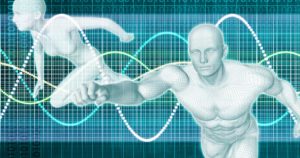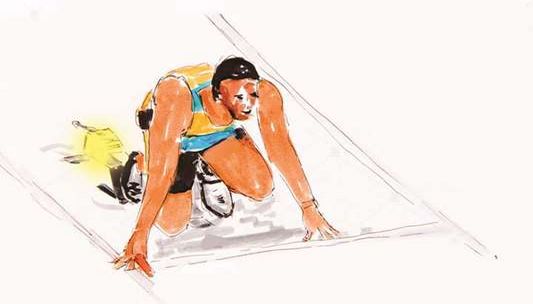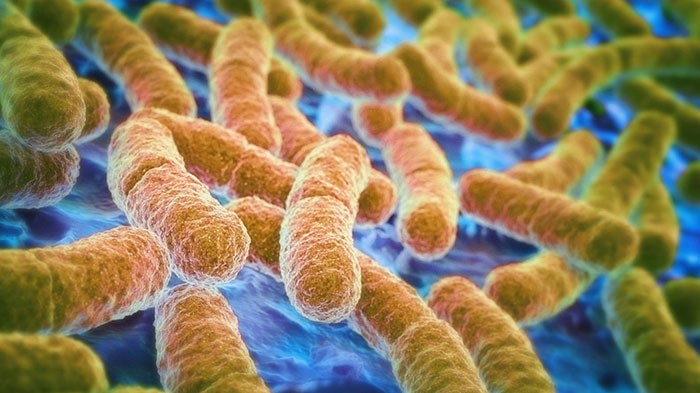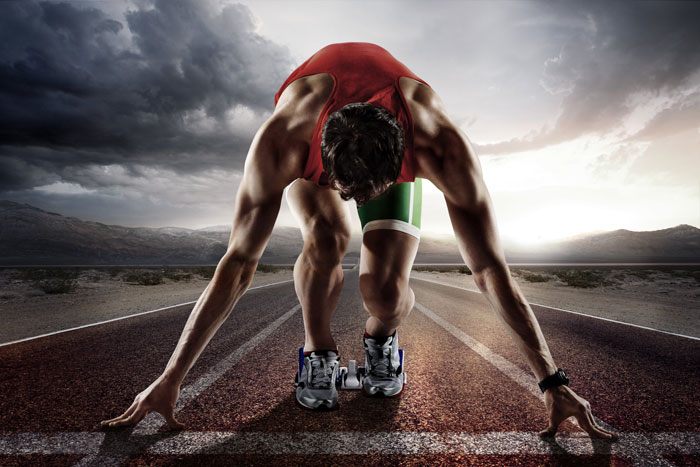
A Bacteria Could Potentially Boost Athletic Performance, Microbiome Make-Up Is Vital For Athletic Success
A research team from Harvard Medical School have been training the microbiome of elite athletes to help identify and isolate new probiotic bacteria for applications in sports performance and athletic recovery. The team is led by Dr. Jonathan Scheiman and they have made a series of discoveries to identify differences in the microbiome between elite athletes and non-athletes in two years of the period.
They have also examined the bacteria that change before, during, and after athletic events. Tapping into the microbiome of runners and rowers, scientists have identified that inhabits their digestive tracts and may aid in athletic performance, a finding that can help develop probiotic bacteria for application in performance, a finding that can help develop probiotic bacteria for applications in performance and recovery.

“In essence, we’re mining the biology of the fittest and healthy people in the world and then extracting that information to help them and others,” said the lead researcher. Now, the team plans to commercialize as nutritional ingredients. Currently, the probiotic candidates are being studied in the lab to better understand their properties.
The results showed that the bacteria that inhabit the digestive tracts of the athletes may help develop probiotic supplements that could help them, and even amateur fitness enthusiasts, recover from a tough workout or more efficiently convert nutrients to energy.
‘We are more bacteria than we are human. The bugs in our gut affect our energy metabolism, making it easier to break down carbohydrates, protein, and fiber,’ said Jonathan Scheiman, a post-doctoral student at Harvard Medical School. However, the team has said they plan to ultimately purify the novel probiotic strains and functionally validate them.

According to Scheiman, a spin-out company called FitBiomics is planned to launch later this year. “I would like to think that a year after we launch, we could have a novel probiotic on the market,” he said. “But in parallel, we’ll also be expanding our cohort of elite athletes from numerous sports to generate a larger microbial data and strain bank of novel probiotic candidates.”
Scheiman said the next steps in commercialization and launching FitBiomics is to complete a funding round and spin-out the company. Currently, the team are based in an incubator at the Wyss Institute for Biologically Inspired Engineering at Harvard University but are looking to finish a fundraising round and spin out by the autumn.
“We’re the world’s first sports biotechnology company,” said Scheiman adding that the company’s mission will be to commercialize the findings and technologies into real world applications. “Certainly for our applications, we’re interested in nutraceuticals and sports nutrition,” he said, noting that while the probiotic industry is already a 60 billion dollar market, almost 90% of that market focuses on two particular families of bacteria.

“We have trillions of bugs in our gut that greatly influence our health, figuratively waiting to be discovered to disrupt this industry. And that’s what we are doing,” he said.
This bacteria could potentially help with that. The researchers are now feeding the bacteria to mice to measure its effects on lactic acid levels and fatigue. In another experiment, the researchers compared the bacteria from ultra-marathoners to those found in rowers training for the Olympics.
“When we first started thinking about this, I was asked whether we could use genomics to predict the next Michael Jordan,” said Scheiman. “But my response was that a better question is: Can you extract Jordan’s biology and give it to others to help make the next Michael Jordan?”
To answer that question, the gut microbiome seemed like a good place to start, he said, noting that the bacteria in our guts are linked to so many functions.
“So perhaps the microbiome could be relevant for applications in endurance, recovery and maybe even mental toughness.” Indeed, the team is also actively recruiting top athletes from around the world to further expand its data and strain bank.